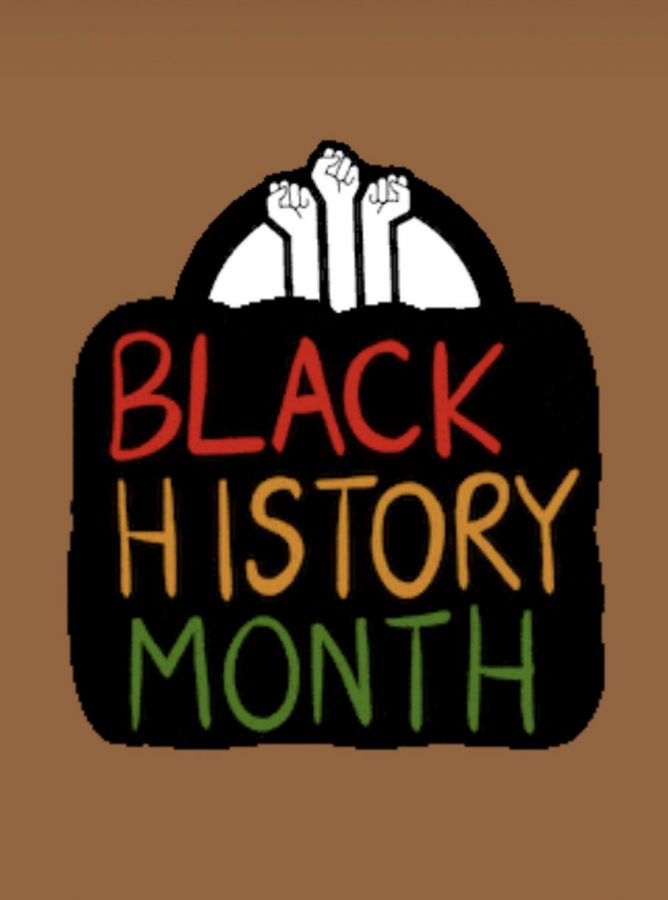Every February is Black History Month. People all across the U.S. may spend this month recognizing and learning about the importance of African Americans’ role and their achievements in the United States.
The United States is not the only country to devote a month to celebrate Black History; Canada, Germany, the Netherlands and the United Kingdom also spend February recognizing Black history.
According to History.com, Black History Month has become a very important time of year in a shorter period of time. It first became a monthly celebration in 1976, when each president of the U.S. designated the month of February as Black History Month.
National Geographic also explains that before it being recognized for an entire month, it was only an unofficial week called “Negro History Week” in February 1926. This week was chosen because it included two very important people’s birthdays. These people were Abraham Lincoln and Fredrick Douglass; they both did a lot for the black community. After a week of celebration and recognition for black history, it was turned into the month of February in the 1970s.
According to National Geographic, the month of February honors the contributions made by African Americans to the United States. It also recognizes all Black people from all periods of U.S. history. The month commemorates the enslaved people first brought over from Africa in the early 17th century to African Americans living in the United States today.
“I do not think simply having a month to recognize black people is enough,” Antioch Community High School social studies teacher Jennifer Ruley said. “We need to make sure that within that month, we are teaching about black history. Furthermore, I think as a society, we need to educate ourselves so that we can move towards equity and equality for all.”
Many may not know there are themes to each Black History Month. According to the Association for the Study of African American Life and History, 2021’s theme is “The Black Family: Representation, Identity, and Diversity.”
ASALH explain more about the theme They have been reverenced and stereotyped since slavery to now, our own time. The black family is everywhere, since family reunions and genetic-ancestry searches demonstrate family members’ spread across states, nations, and continents.
Black History Month is explained and recognized in classrooms, social media platforms, television, and museums.
According to the NAACP, there are 28 great ways people anywhere can celebrate Black History Month. For example, people can support a black-owned business, explore black music, visit a Black History or Civil Rights museum in the area, and so much more.
















